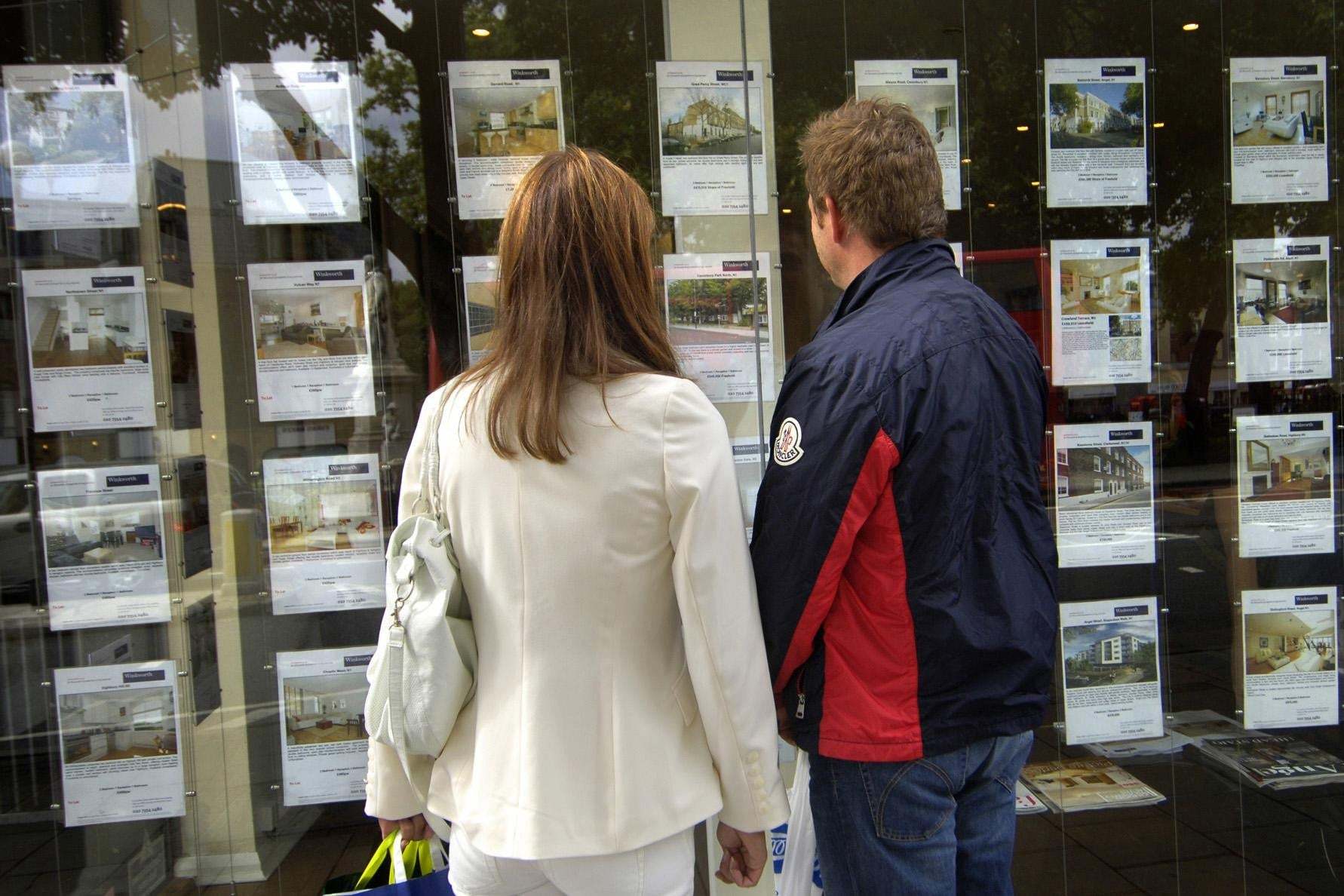How long can the UK’s post-lockdown housing market boom last?
Rightmove reports record month with £37bn of sales – but there are signs that things could be running out of steam, writes Ben Chapman


The UK property market has had its busiest month in more than a decade with more than £37bn of sales going through, according to Rightmove.
The website said sales in July jumped almost 50 per cent on the same month last year while between 5 August and 12 August, sales were up 60 per cent.
Normally the summer is a slow period for moving house, as at least one side of the potential sale is often away on holiday.
As Rightmove director Miles Shipside puts it: “We associate this time of year with diving into the pool rather than the property market, and of sand and sun rather than bricks and mortar.”
Not this year it seems.
So, is this a sign that confidence has returned and property prices might continue to rise?
Well, not exactly. Across the UK sold prices edged down slightly in July and many analysts think they are heading for a steeper fall this year and next.
There are a few trends driving the record level of sales.
More and more city dwellers, particularly Londoners, are looking for suburban and rural homes after experiencing flexible working arrangements during the pandemic.
Kevin Shaw, managing director of residential sales at Leaders Romans Group (LRG), explains: “As many of us continue to work from home, people have realised business can function well while doing so, and so no longer want to commute into big cities five days a week, or live in urban environments closer to offices.
“There is real demand to live in rural locations providing green space.”
But while this may drive some sales for those who happen to be in a position to move, in the longer term there are more fundamental drivers of the housing market that don’t look too rosy.
It’s worth remembering that UK property prices are to a large extent a function of the availability of cheap mortgage debt.
Rates remain at historic lows and are unlikely to rise much given the state of the economy. This is likely to put a floor on the extent of any house price crash.
Buyers with a hefty deposit can currently take out a home loan at just 1.14 per cent interest with some banks. Mortgage interest rates would struggle to get much lower, even if the Bank of England cuts its own rate to below zero for the first time ever. Twelve years after the financial crisis, it was not supposed to be like this.
If monetary policy has been the key inflator of the property bubble, the government’s interventions have added some helium for good measure.
Along with the Help to Buy Scheme, which adds extra state-backed debt on top of people’s mortgages, the government also introduced a stamp duty holiday last month, a policy that will persuade anyone considering a move to do it now.
Both Help to Buy and the stamp duty suspension are set to end next spring, at which point the cost of buying a home for many people will rise by tens of thousands of pounds and many people thinking about moving will already have done so.
Meanwhile, millions of people are expected to lose their jobs as the government withdraws financial support such as the furlough scheme.
It is feasible, if not likely, that doing so without putting other measures in place will derail any economic recovery and send the UK into something like a depression.
Fairly obviously that would have a negative impact on house prices.
Apart from the fact that many people will not be able to buy a home because they’ve lost their job or seen their hours and earnings reduced, lenders who are worried that prices are about to fall will continue to increase the amount of deposit they ask for.
This will lock many first-time buyers out of the market, whether or not they have a job and can afford the monthly repayments.
Property consultancy JLL thinks average prices will slump 8 per cent this year. The Office for Budget Responsibility’s central scenario thinks they’ll drop by 11 per cent by the end of next year.
At the more pessimistic end of the spectrum, the Centre for Economics and Business Research has predicted a 5 per cent drop this year and a further 10.6 per cent fall in 2021.
Dominic Murphy, managing director of DM & Co estate agents in Solihull, summed a widely held view: “I suspect that the market will remain buoyant until job losses filter through and really start to hit the market in full force.”
Join our commenting forum
Join thought-provoking conversations, follow other Independent readers and see their replies
Comments